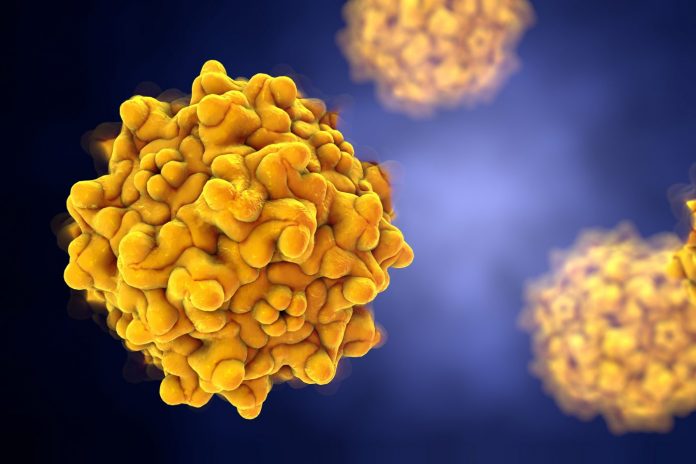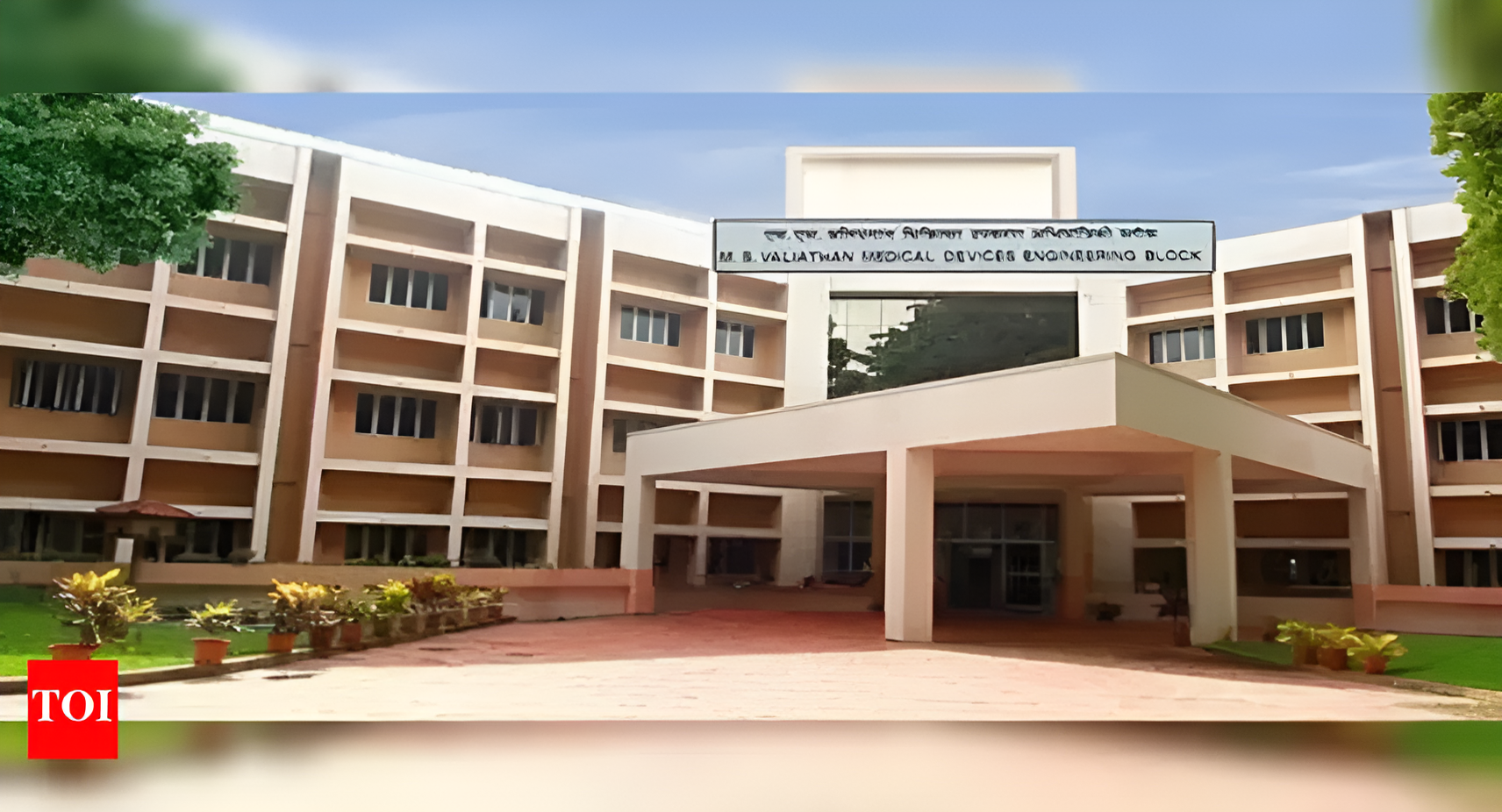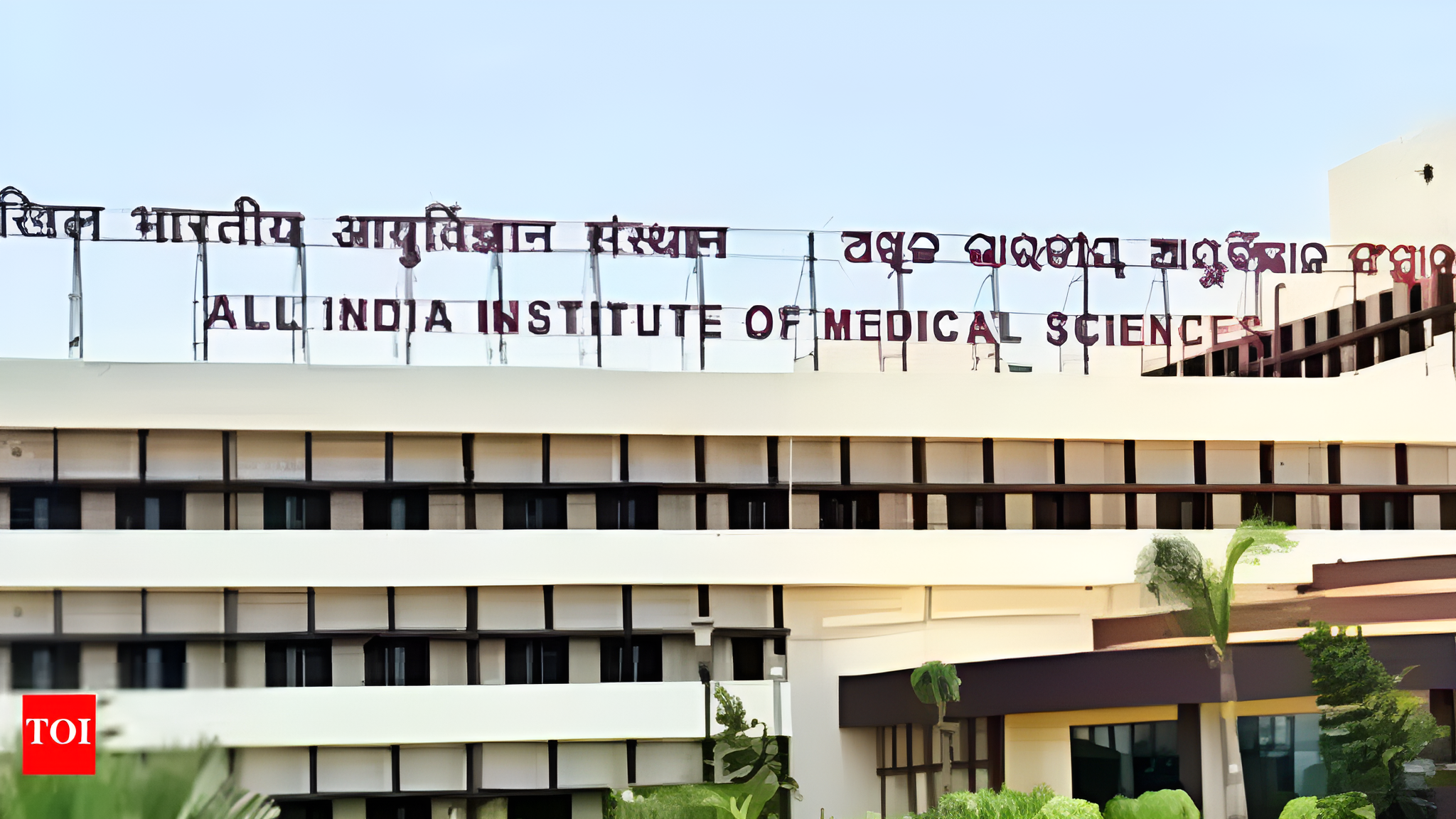
PTC Therapeutics’ gene therapy for aromatic l-amino acid decarboxylase (AADC) deficiency deficiency has received FDA approval. It is the first-ever gene therapy approved in the U.S. that is directly administered to the brain. The treatment will be marketed under the name KEBILIDI™ (eladocagene exuparvovec-tneq). It is indicated for children and adults with AADC deficiency.
AADC deficiency is an ultra-rare genetic disorder that interrupts the synthesis of dopamine, a neurotransmitter essential for motor function. The disease is estimated to affect at most several hundred patients in the U.S. There is no U.S.-approved treatment. Analysts estimate the drug could net more than $250M by 2028.
“PTC has once again pioneered a new approach to treating highly morbid neurologic diseases,” said Matthew B. Klein, MD, CEO, PTC Therapeutics. “I am proud of our team’s unwavering commitment to achieve this important regulatory milestone. We look forward to bringing this transformational gene therapy to children and adults with AADC deficiency in the United States.”
KEBILIDI is a gene replacement therapy directly administered to the putamen of the brain through a stereotactic neurosurgical procedure. Clinical trial results demonstrated the treatment initiates de novo synthesis of dopamine, followed by the progressive acquisition of motor development milestones.
The treatment received accelerated approval based on the safety and clinical efficacy findings from an ongoing global clinical trial (PTC-AADC-GT-002). The company says confirmatory evidence will be provided from the long-term follow up of patients already treated in the study. Along with the Biologics License Application approval, a Rare Disease Priority Review Voucher was granted. The company plans to monetize the voucher.
AADC deficiency typically causes severe disability and suffering from the first months of life, affecting every aspect of life—physical, mental, and behavioral. The suffering of children with AADC deficiency may be exacerbated by oculogyric crises, which are distressing, painful episodes that resemble seizures and are characterized by a stuck upward gaze, dystonia, and inconsolability.
The lives of affected children are severely impacted and shortened. Ongoing physical, occupational and speech therapy, and interventions, including surgery, are also often required to manage potentially life-threatening complications, such as infections and severe feeding and breathing problems.
KEBILIDI is a recombinant adeno-associated virus serotype 2 (rAAV2)-based gene therapy, containing the human DDC gene. It is designed to correct the underlying genetic defect by delivering a functioning DDC gene directly into the putamen, increasing the AADC enzyme and restoring dopamine production.
The stereotactic surgical procedure used to administer the treatment is a minimally invasive neurosurgical procedure that is already used for the treatment of a number of pediatric and adult neurological disorders. It is performed by a qualified neurosurgeon in centers specialized in stereotactic neurosurgery.
The company says launch preparations are well underway, with centers of excellence already identified and surgeons trained in the procedure to deliver the gene therapy.









![Best Weight Loss Supplements [2022-23] New Reports!](https://technologytangle.com/wp-content/uploads/2022/12/p1-1170962-1670840878.png)




